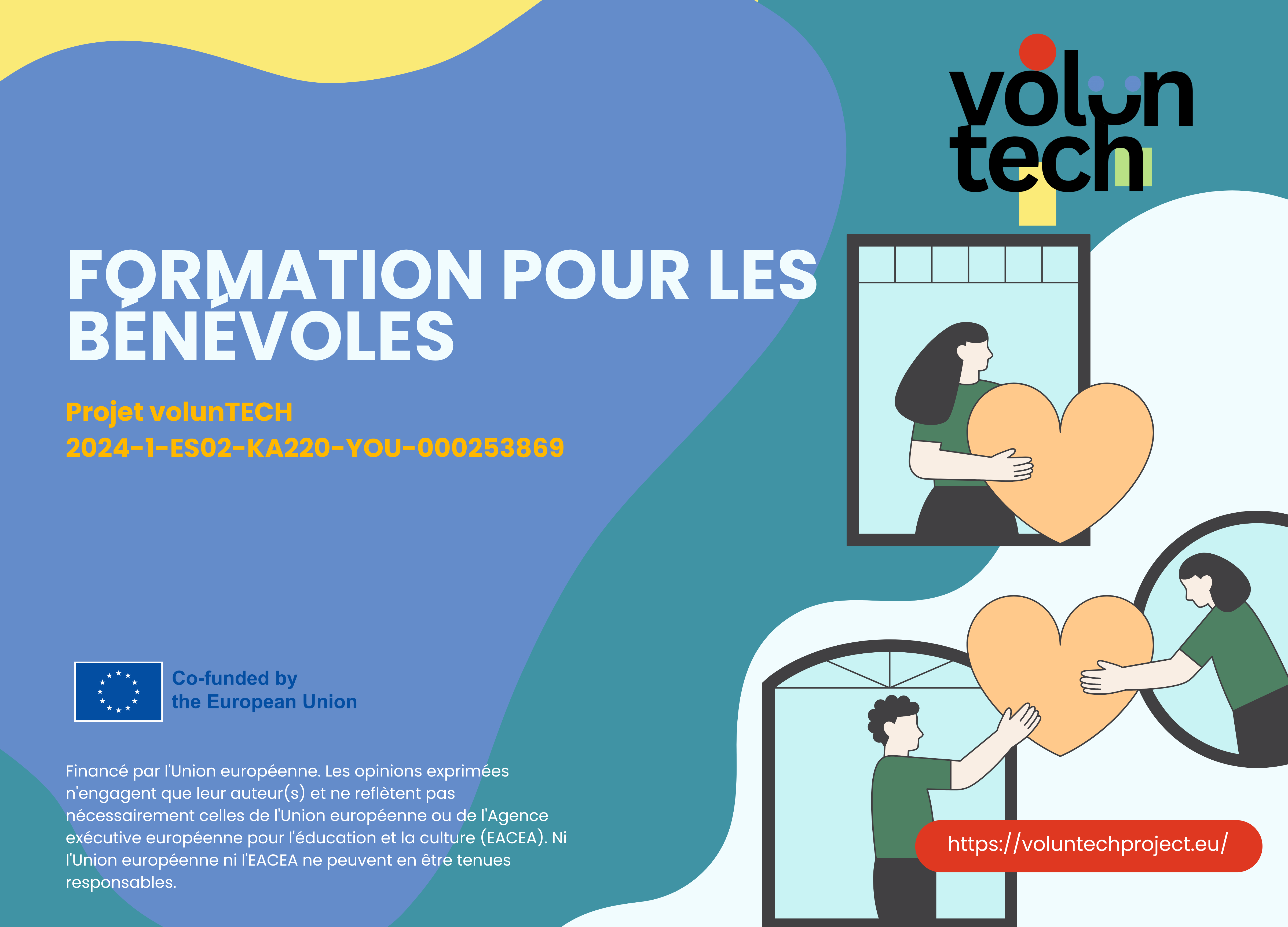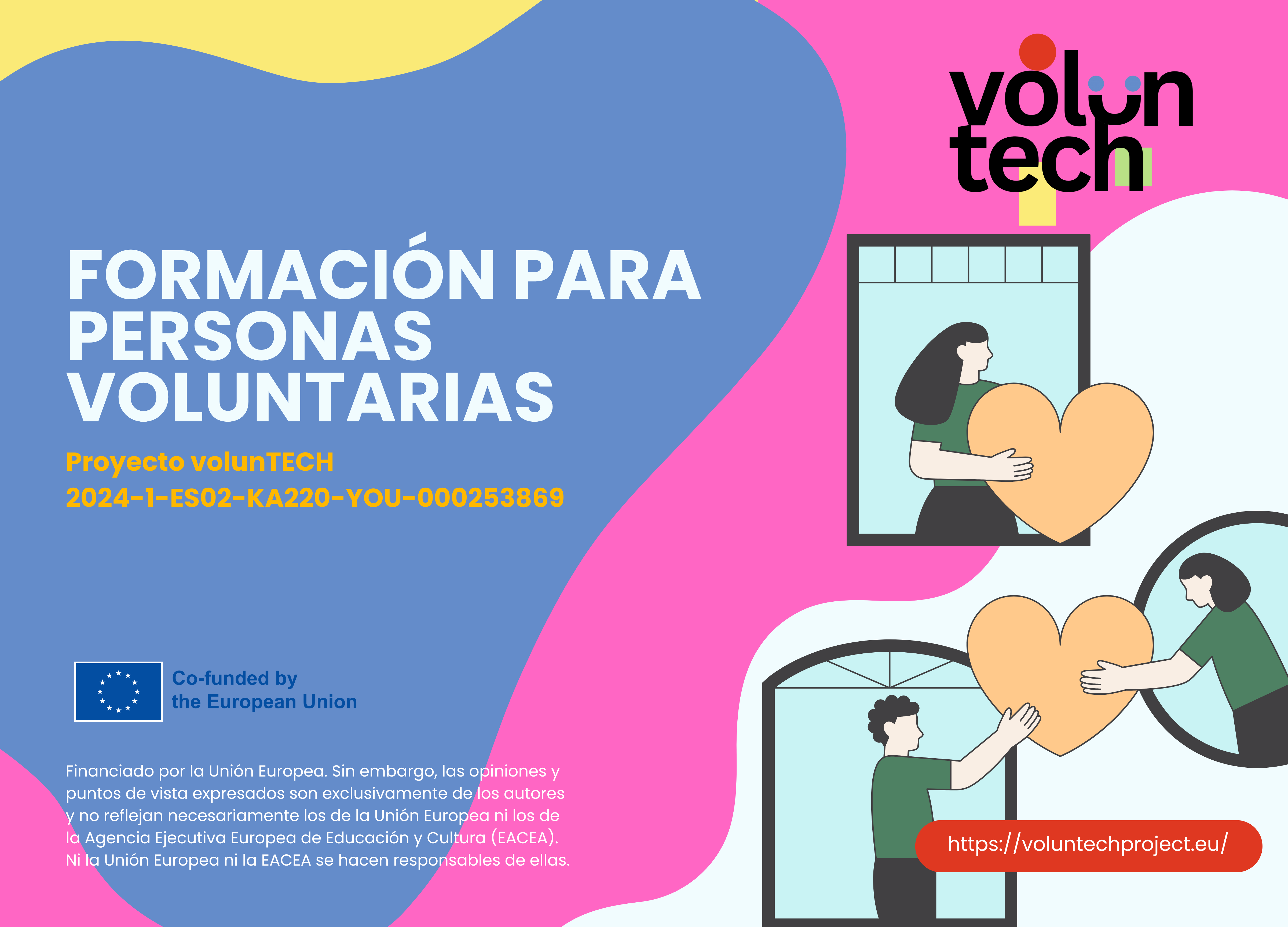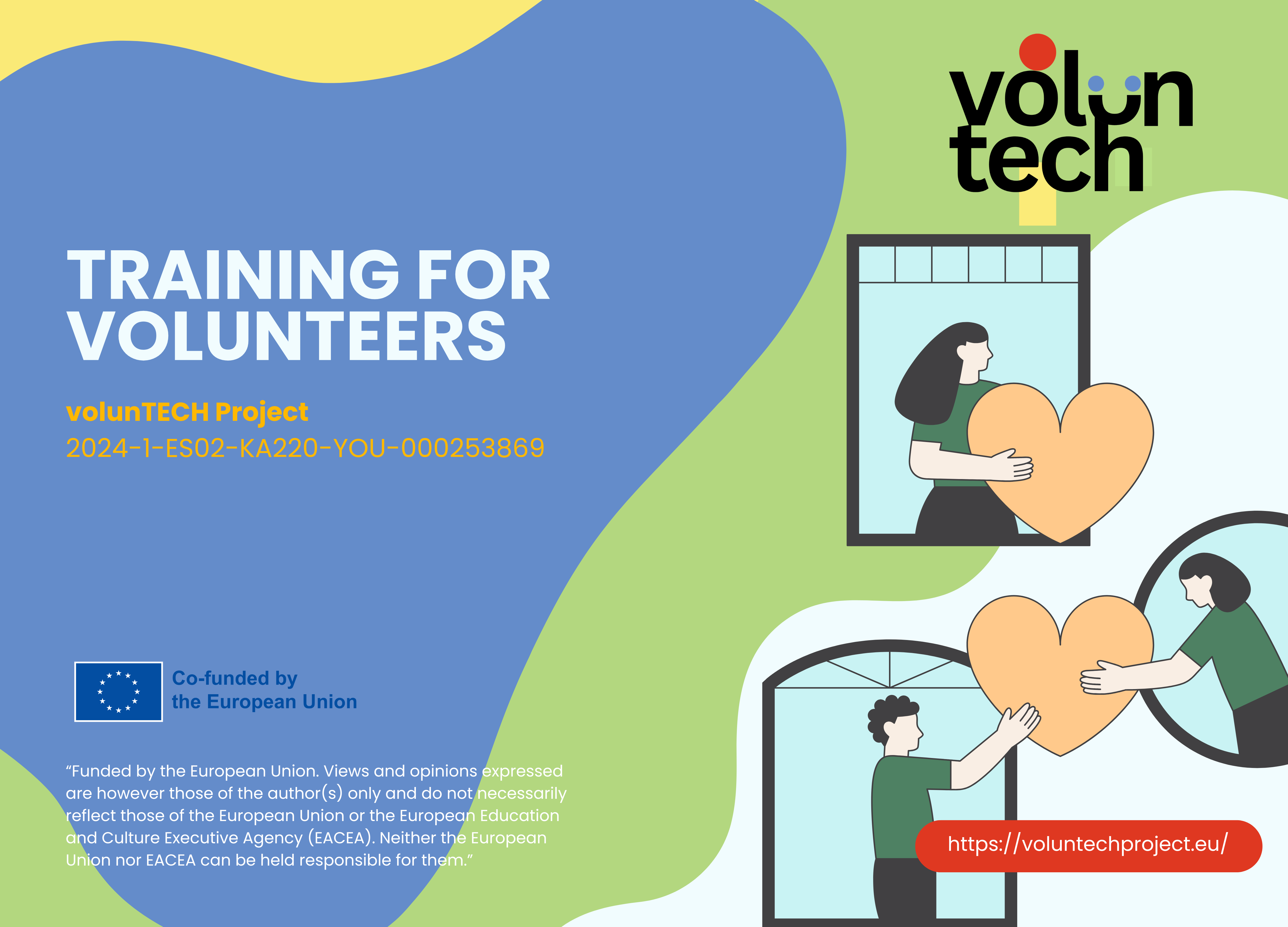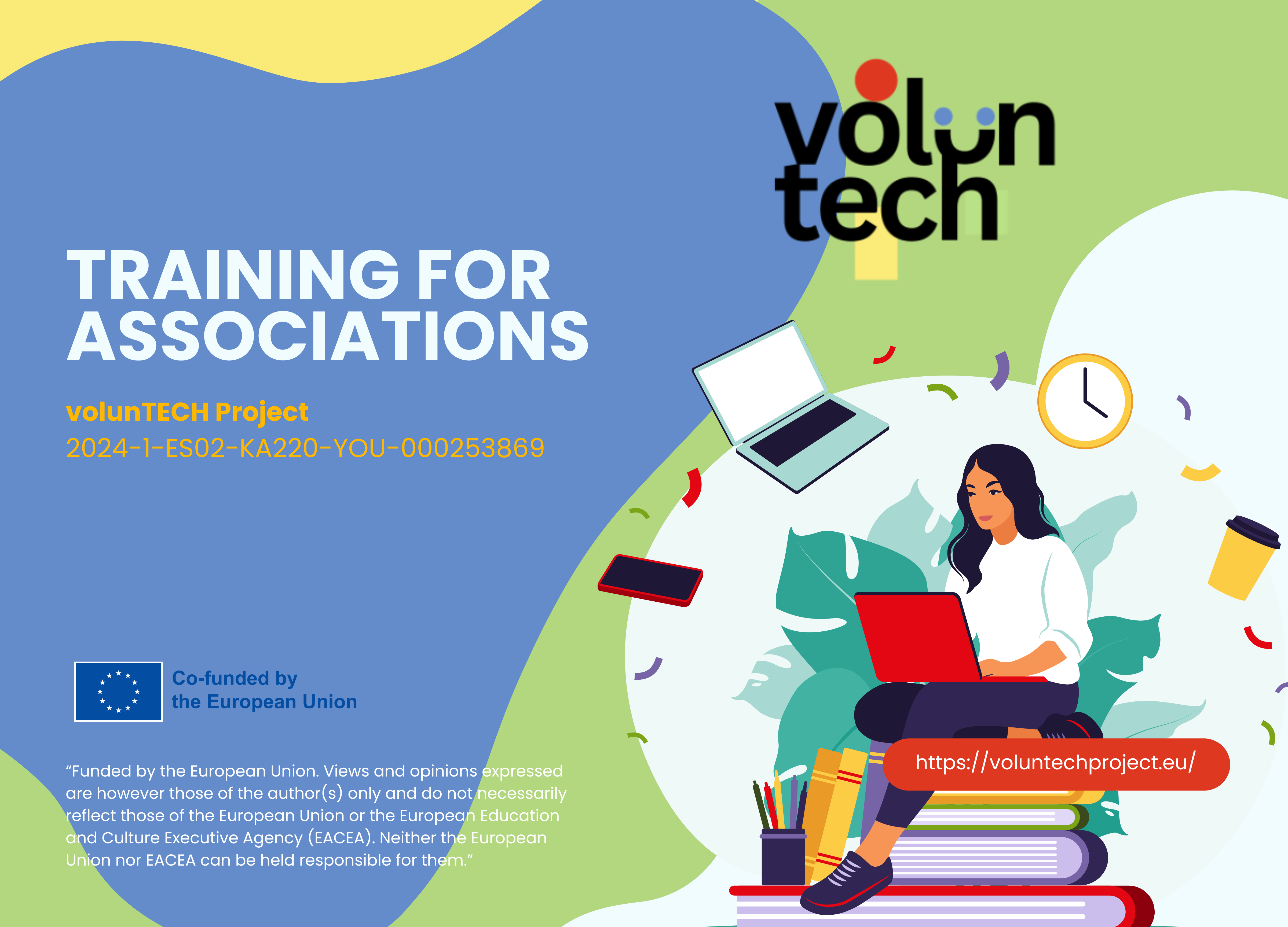
Description du cours :
Ce programme de formation est destiné aux jeunes bénévoles qui souhaitent développer les compétences, la confiance et l’état d’esprit nécessaires pour contribuer de manière significative à leurs communautés par le biais d’activités de bénévolat numérique et à impact social. Composé de sept modules dynamiques, il offre une approche pratique et fondée sur l’expérience pour le développement personnel, le travail en équipe, la communication et l’innovation sociale dans le cadre du bénévolat.
Objectifs d’apprentissage :
À la fin de cette formation, les bénévoles seront en mesure de :
-
Aborder les défis avec des outils de résolution de problèmes et de pensée critique.
-
Faire preuve d’initiative et travailler de manière autonome dans des projets communautaires.
-
S’adapter aux environnements numériques, coopérer à distance et proposer des idées innovantes.
-
Gérer efficacement le temps et les priorités tout en restant motivé·es.
-
Collaborer de manière efficiente et inclusive au sein d’équipes de bénévoles.
-
Communiquer avec empathie, clarté et professionnalisme dans des contextes variés.
-
Comprendre les bases de l’entrepreneuriat social et les appliquer pour soutenir les activités des ONG.
Modules et contenus clés :
Résolution de problèmes et pensée critique
– Apprendre à évaluer les défis, analyser les situations et développer des solutions efficaces grâce à une réflexion structurée et à des études de cas réelles.
Prise d’initiative et développement d’une attitude autonome
– Comprendre le leadership dans le bénévolat, explorer différents styles de leadership et encourager l’autonomie et l’indépendance dans l’engagement communautaire.
Flexibilité et innovation
– Utiliser des outils numériques pour la collaboration à distance, maîtriser la netiquette et apprendre à proposer et négocier des solutions innovantes dans des contextes en constante évolution.
Gestion et organisation
– Acquérir des stratégies pour gérer le temps, la motivation et les priorités. Découvrir des outils pour le travail en équipe, les dynamiques de groupe et les moyens de contribuer efficacement aux projets de bénévolat organisés.
Travail d’équipe pour les bénévoles
– Découvrir les bases du travail en équipe, les stratégies de résolution de conflits, l’importance de l’inclusivité et le rôle de l’intelligence émotionnelle dans les équipes.
Communication interpersonnelle
– Développer des compétences clés en communication, y compris l’écoute active, les techniques de feedback, ainsi que les stratégies verbales et non verbales pour renforcer la collaboration et la confiance.
Entrepreneuriat social dans le domaine des ONG
– Acquérir une compréhension de base de l’entrepreneuriat social, savoir comment développer des projets d’ONG durables et comment les bénévoles peuvent contribuer à un impact social et économique à long terme.
Formateur·trice : Administrateur système
- Teacher: System Administrator











